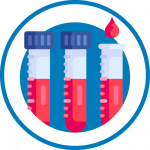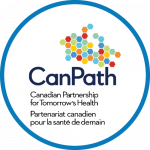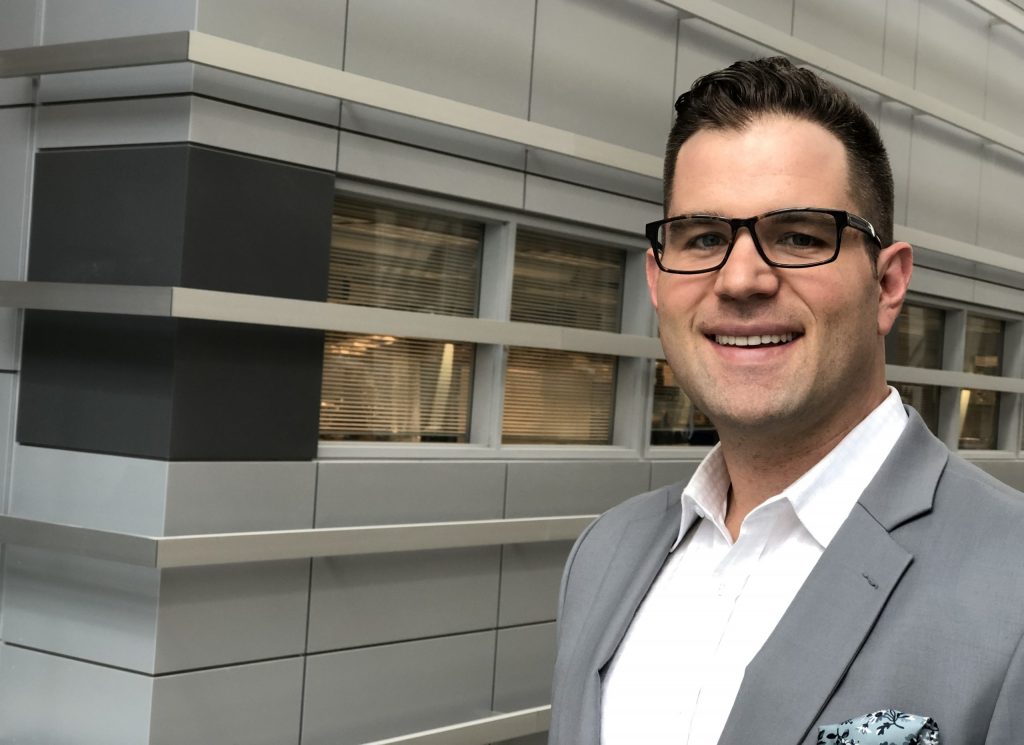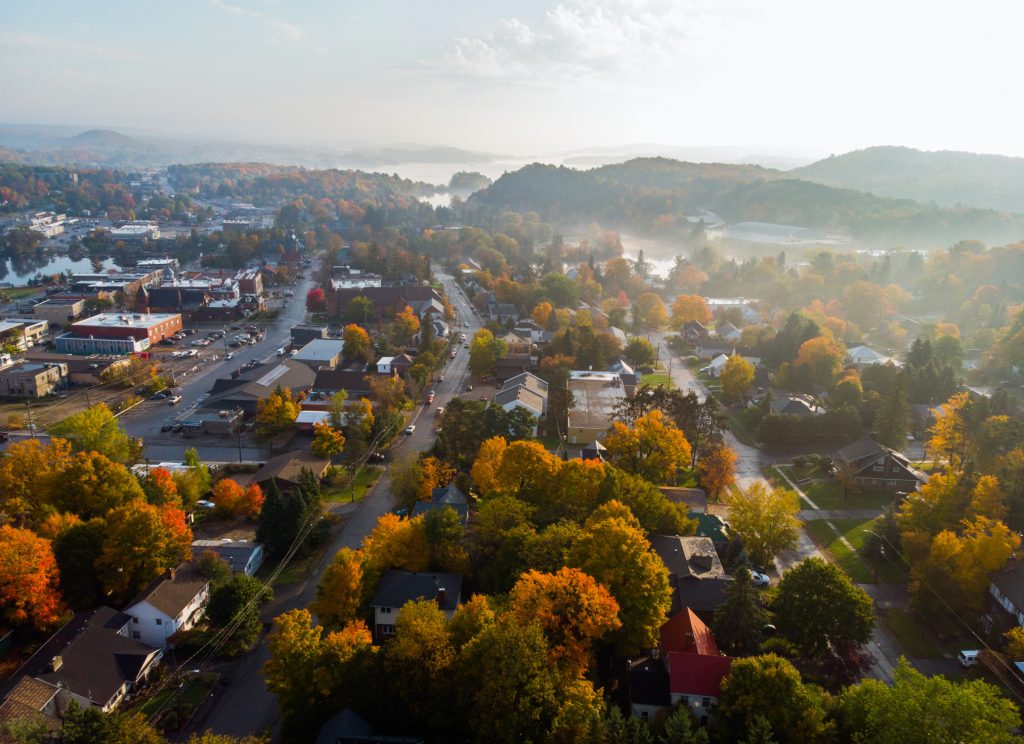For Researchers
OHS Data and Biosamples: Access and Linkage
Your research starts here
[Jump to: The OHS Access Process | Data Linkage | Ancillary Studies | Working with private sector partners]
Is your project already approved? Manage your project here.
Health researchers come to the Ontario Health Study when they need longitudinal data on a large adult population, augmented with the availability of blood and other biosamples, genetic data and more. Uniquely suited for investigator-led research, the OHS helps researchers explore their questions about how lifestyle, the environment and genetics interact to affect people’s health.
Take your research idea to reality.
Questions? Contact our Research Operations and Access Officer at access@ontariohealthstudy.ca
1. Review the OHS access requirements
- Read the OHS Access Policy.
- Students and trainees are encouraged to request OHS data and biosamples, provided their supervisor is listed as the Primary Applicant.
- Read the OHS guiding principles for working with industry.
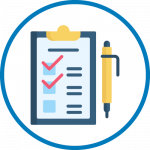
2. Identify your data and biosample needs
- Review “What’s Available.”
- Submit a Project Feasibility Assessment Form (Optional). Use this form to request:
- A letter of support for a grant or ethics submission,
- A cost estimate for accessing OHS data and/or biosamples,
- A feasibility review of your proposal, or
- To confirm the OHS has the data or samples required.
- Plan to work with linked data? Learn the additional requirements for linking with administrative data. Administrative data is not held by the OHS, however the OHS works closely with three data repositories to coordinate timing and approvals.
- Need data and/or biosamples from other regional cohorts (B.C., Alberta, Quebec or the Atlantic provinces)? Visit Canpath.ca.
3. Secure funding and ethics approval
- Need a Letter of Support for your grant application? Want a cost estimate to confirm you have sufficient funds for accessing the data and biosamples you need? Submit a Project Feasibility Assessment Form.
- Ensure your research protocol clearly identifies the OHS as a data source, prior to review by your REB. This will avoid the delay of having to submit an REB amendment.
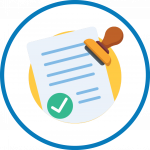

4. Submit a Data and Biosample Access Application Form
With your application, you will also need to provide the following:
- REB approval letter
- REB-approved Research Protocol
- Curriculum Vitae (CV) of the Principal Applicant (2 pages)
- Evidence of a peer-reviewed research protocol (if available)
- Evidence of funding (if available)
- If your project requires data linkage, confirmation of feasibility or approval from the data custodian
5. The OHS reviews your application
- Your application is first assessed for completeness, then reviewed by members of the OHS Access Committee.
- The review takes ~6 weeks.
- If your request is declined by the Access Committee, you may revise and resubmit your application.
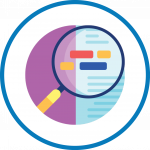


6. OHS Access Committee approves your application
Congratulations! Next steps:
- Pay the Data and Biosample fees.
- Review and sign the Data and Biosample Access Agreement or relevant Supplemental Access Agreement.
- Both you and your institution will need to sign the access agreement.
- If research team members are from other institutions, a Data and Biosample Access Agreement will also need to be executed with their institution(s).
Is your project already approved? View Managing Your OHS Research Project.
Data linkage involves linking information about the same person from multiple sources. Data for fully 83% of OHS participants have been linked with administrative health records, such as the Ontario Cancer Registry or OHIP claims databases.
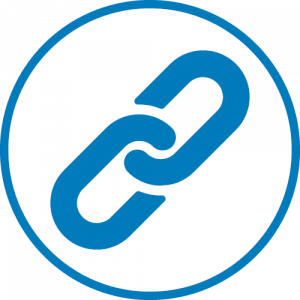
Linkage opportunities
OHS and ICES
The OHS has a data sharing agreement with ICES that facilitates linking de-identified OHS data with other data holdings at ICES, including, but not limited to:
|
|
Learn more about the breadth of ICES data holdings.
Non-ICES researchers, students and knowledge users can access these data through the ICES Data & Analytic Services (ICES DAS). For a full list of ICES Data Repository datasets, including detailed descriptions of individual variables and their values, view the ICES Data Dictionary.
Accessing OHS-linked ICES data requires separate access requests to be submitted to the OHS and ICES. To learn more about how to request OHS data that is linked to ICES data sets, please email access@ontariohealthstudy.ca.
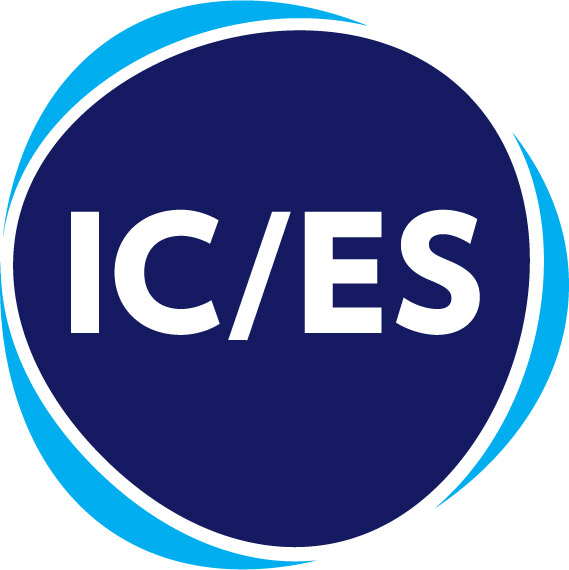
OHS and Ontario Health
OHS de-identified data can be linked with administrative health data at Ontario Health, including the Ontario Cancer Registry.
Accessing OHS-linked Ontario Health data requires separate access requests to both the OHS and Ontario Health. To learn more about how to request OHS data that is linked to Ontario Health data sets, please email access@ontariohealthstudy.ca.
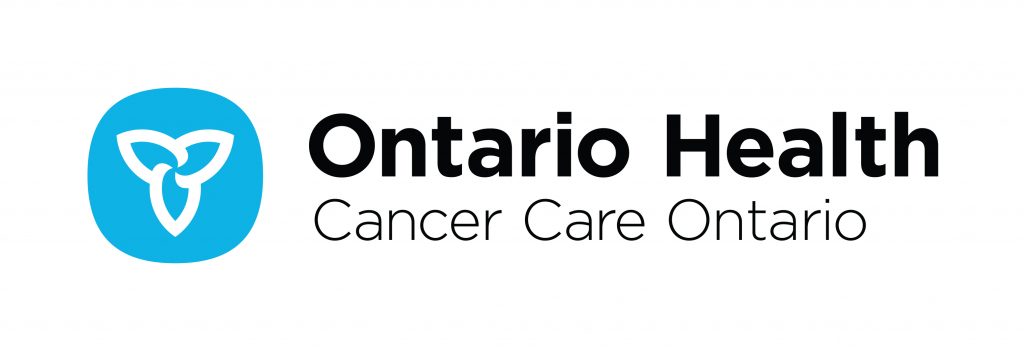
OHS and CANUE
OHS de-identified data can also be linked to local environmental data held by the Canadian Urban Environmental Health Research Consortium (CANUE).
As part of CanPath, some OHS data has been merged with CANUE exposure data sets and are now available to researchers. CANUE has provided researchers with an index measuring exposures to air and noise pollution, green space and more, for every postal code in Canada.
Learn more about CANUE data sets linked to health databases, and review which CANUE data are pre-linked to OHS data.
OHS data linkage process
Administrative data is not held by the OHS, however the OHS works closely with three data custodians (Ontario Health, CANUE and ICES) to coordinate data access approvals with those of the OHS.
For projects requiring linkage with Ontario Health or ICES, researchers will first work directly with the data repository to confirm project feasibility, before submitting an OHS access application. A separate access application to the data repository (and a separate access fee) also may be required.
For CANUE data, researchers must be from a SMART Consortium-member institution to access CANUE data, and must sign a ‘Data Use and Sharing via Third-Party’ agreement.
Questions? Email our OHS Access Officer access@ontariohealthstudy.ca
Projects using OHS and linked administrative data
See how some researchers have used linked data to explore their research question:
Early-Onset Breast Cancer
In 2020 Dr. Darren Brenner looked at data from female OHS participants and the Ontario Cancer Registry to explore why some women under 50 get breast cancer.
CANUE (2017-Present)
Research is currently ongoing with the Canadian Urban Environmental Health Research Consortium (CANUE), which is working to provide scientists with an index measuring exposures to air and noise pollution, green space and much more, for every postal code in Canada.
Greenspace and Health
In 2015 Dr. Marc Berman combined OHS questionnaire data with the City of Toronto’s forestry records to quantify the positive effect of neighbourhood green space on individual health.
Many OHS participants have consented to being re-contacted about joining other health-related research studies. When appropriate, the OHS has partnered with several independent studies that sought to enable recruitment to their studies, or find matching control groups of participants with appropriate health or demographic profiles.
Contact access@ontariohealthstudy.ca to learn more about these ancillary studies or discuss your idea with our Research Operations and Access Officer.
Recent partnerships:
The Ontario Sleep Health Study collected accelerometry and sleep respiratory function from approximately 3,300 participants.
The Canadian Alliance for Healthy Hearts and Minds has collected MRIs, and conducted Food Frequency Questionnaires and cognitive assessments from more than 3,000 participants.
A small study out of the University of Toronto (SPARK) asked 60 participants to wear contact lenses to explore new methods for the early detection of breast cancer.
The Ontario Health Study (OHS) recognizes the value of research conducted by industry as well as academics who receive funding from commercial or industrial entities.
The OHS will be guided by the following principles for research conducted using OHS resources that is funded by industry, commercial, or non-profit entities.
OHS guiding principles for working with industry or private sector partners:
- Activities must be consistent with the OHS mission to support health research; with consents provided by OHS participants; and with legal agreements involving the OHS’s funders and host institution.
- Activities must provide clear value to the OHS (e.g., present a unique scientific opportunity for the OHS, provide access to other resources to further its mission, or provide other benefit-sharing prospects that will advance the long-term objectives of the OHS) or be in the public interest.
- Partnerships will include activities or resources that build expertise or capacity for the OHS where appropriate (e.g., infrastructure development, data enrichment, equipment access, training for OHS researchers or staff).
- The OHS will be transparent and make publicly available the names and project summaries of all industry partnerships approved to use OHS resources.
- Any conditions from the industry or private sector partner are clearly defined and acceptable to the OHS.
- Only de-identified data and/or biospecimens will be provided. No personal identifiers will be shared.
- Data generated must be returned to the OHS and made available to other researchers applying to access OHS data.
- All partners must agree to conditions outlining privacy, information security, and intellectual property requirements.
- Interactions between the OHS and industry partners must comply with OHS governance, policies and procedures, including where applicable, those of its host institution, the Ontario Institute for Cancer Research.
The OHS follows national standards for responsible conduct of research and for ethical conduct, as codified in Canada’s Tri-Agency Framework for the Responsible Conduct of Research, and the Tri-Council Policy Statement: Ethical Conduct for Research Involving Humans, version 2 (TCPS-2).
For publicly funded academic researchers, to ensure research excellence, relevance and integrity (e.g., ethics), these standards are met through responsibilities embedded in their university appointments. For industry-based researchers, the same high standards of research excellence and integrity are required (e.g., research publications, approval from a formally constituted Research Ethics Board, following established standards and best practices).
What Researchers need to know:
Researchers are encouraged to contact acess@ontariohealthstudy.ca
Access to OHS data and/or biosamples
Upon approval by the Access Committee and a Research Ethics Board, the OHS and the industry researcher will enter into an Access Agreement, which will itemize the terms of access, including how the data and samples can be analyzed, by whom, over what time period, and any other conditions relevant to a given project. Upon execution of this agreement, the OHS will then provide individual-level de-identified data and/or biospecimens collected from its participants directly to the approved industry researcher. Summary or aggregate data can also be provided for a fee when analysis is performed by the OHS.
Fees
The OHS evaluates and approves an access fee on a project-specific basis.
Intellectual Property (IP)
IP resulting from industry research shall be governed by the OHS Access Policy, which states that industry cannot make IP claims on OICR/OHS data and/or biosamples, but will own the results of their own research arising from analysis of OHS data and/or biosamples.
Time-limited Exclusive Access
The OHS recognizes industry researchers may require exclusive access to and use of study results; however, the OHS’s mission of providing a platform for population-level health research depends on timely and open dissemination of research results in the public domain. Accordingly, the OHS will set a project-specific period for exclusive access, after an industry research study is completed, before making data and results accessible to other researchers.
Return of Results or Derived Data
Industry researchers must provide a copy of their derived data, along with detailed methodology and/or metadata, back to the OHS. Such data will become an integral part of the OHS data systems and will be made available to other researchers approved for access (after exclusive access has concluded).
Be the first to know about new data sets, event invites, funding opportunities and more by signing up for the OHS Research Bulletin.




